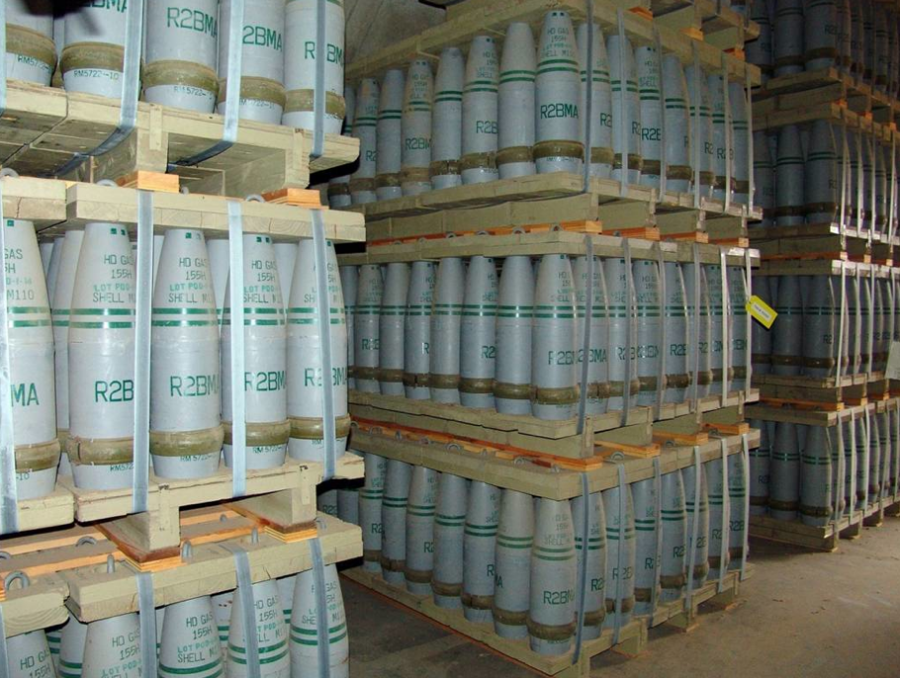According to the foreign minister of Libya, Mohamed Abdelaziz, the North African country has destroyed all of its chemical weapons that remain from the reign of Muammar Gaddafi.
Abdelziz said, “Libya has become totally free of usable chemical weapons that might present a threat.”
Abdelaziz also said, “This achievement would not have been possible in such a short time without concerted efforts within an international partnership, or without the logistical support and the technical assistance from Canada, Germany, and the USA.”
These countries provided Libya with the necessary technology to safely destroy its chemical weapons.
Freshman Daniel Wehara said, “I think chemical weapons are dangerous, I think they’re a bad thing for a country to have. “
Libya started the dismantlement process in 2004 and had declared it had 25 metric tons of sulfur mustard and 1,400 metric tons of chemicals used to make chemical weapons.
However, destruction stopped when the Lybian civil war started in 2011. Libya had destroyed 55 percent of its declared sulfur mustard and 40 percent of its declared precursor chemicals.
During the civil war, no chemicals were used.
After the rebels won the war and killed Gaddafi, they discovered additional munitions loaded with mustard gas that Gaddafi’s government hadn’t disclosed.
Destruction then resumed in early 2013.
Libya has now destroyed all of its category 1 chemical agents.
Sophomore Felix Mikhalkov said, “It is good that Libya destroyed their [chemical] weapons because less people will be killed.”
Libya’s neighbor, Syria, is undergoing chemical weapons problems at the moment, as Syria has been accused of using chemical weapons on its own citizens during its civil war.
Syria had agreed to turn over their chemical weapons to the United Nations or destroy them by Feb 5. Syria has missed this deadline, as well as a Dec. 31 deadline to turn over its more dangerous chemical weapons such as mustard gases, sarin, and VX gases.
Freshman Victor Iancu said, “Chemical weapons are horrible, they’re not like guns because you can’t see what’s killing you.”
Libya has been much better at meeting these deadlines and now only has to meet a 2016 deadline to destroy all of its category 2 precursor chemicals.

